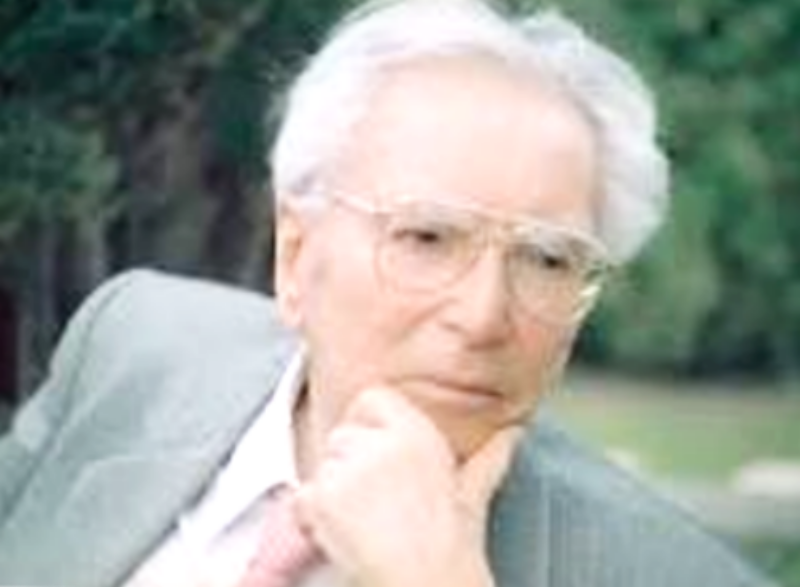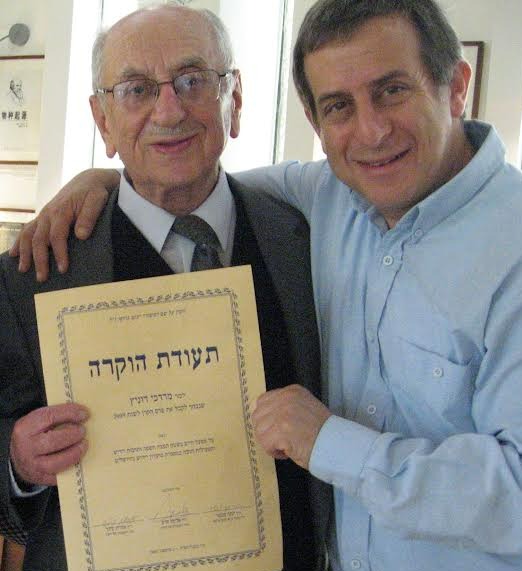Hope Preserved in the Heart, Renewed in the Spirit
- Ronnie Dunetz
- Sep 19, 2025
- 4 min read
It has been a long time since I experienced the kind of excitement I felt on September 16, 2025, during the online event where I presented my work to receive the Diplomate in Logotherapy — the highest level of certification in this unique field.
Logotherapy — “therapy through finding meaning” — is the approach developed by Dr. Viktor Frankl, author of Man’s Search for Meaning (and dozens of other books). It drew me in deeply from the very first day I encountered it, years ago. Frankl, a Jewish-Austrian psychiatrist and neurologist who endured the Holocaust in concentration camps and lost his wife, parents, and brother, argued that our world misses something vital when it overlooks what he called the deepest drive within the human being — the search for meaning in life. According to Frankl, meaning is always present; our task is to discover it for ourselves, according to time, place, and circumstance. Meaning is personal, and it shifts.
The subject of my work, which took me almost two years to complete, I titled:“Hope Preserved in the Heart, Renewed in the Spirit.”
I shared the story of a journey I undertook just one month before October 7, 2023: an unforgettable visit to my father’s hometown of Zhetl, in western Belarus. There I spent a week in the home of a retired couple, where I wrote the final chapter of my PhD dissertation. That chapter is intertwined with the “personal story” of my father’s family, nearly all of whom were murdered, and the survival of my father and his sister — a “formative story” for me in my own life as well.
In the presentation, I described the upheaval and responses I experienced in the aftermath of the tragic events of “Black Shabbat,” my desire to contribute, and the frustration of not being able to do so as I wished. I spoke of the project I initiated — “Conversations on Meaning” — in which I connected with survivors and with families of survivors and victims of October 7, inviting them to reflect together on how the search for meaning can become part of healing and recovery.
I then shared with the audience my deepening engagement with what is known as post-traumatic growth — and how this exploration led me to study the profound power of the word hope. In time, I created and facilitated several times the workshop I designed, “The Hope Accelerator.” This only reinforced my understanding that, in the end, it all connects back to Frankl’s teaching: the search for meaning.
It took me several months to focus precisely on the theme I wished to write about for the Diplomate program. I insisted with myself that without a deep and personal connection, I would not begin to write. Over time, I realized I was circling around an axis that was not always clear to me: the intimate, symbiotic link between hope — in all its shades — and meaning.
This insight led me to write extensively about twelve principles in Logotherapy that help nurture hope, and to survey a wide range of research studies carried out in fields such as health, education, work, even within prisons, and in the lives of married couples.
Eventually, I arrived at a place I had always known I would: the understanding of hope as bound up with “radical hope” or “existential hope” — a fundamental trust in life, even when it is impossible to know what will unfold, when, or how the outcomes will appear.
I shared four personal examples with my audience — all of them, in my eyes, representing the choice of life despite everything: recovery and growth after life-threatening events such as aneurysms and brain tumors; the practice of hope at the end of life; the survival story of young men after the tragic plane crash in the Andes in 1972 involving a Uruguayan soccer team; and, closest to me, the ten-minute short film I created of my father’s testimony at the mass grave of his town and family.
That last example has accompanied me especially in recent years. Today, I understand more deeply: my father did not only “survive” — he survived in order to tell. He chose and clung to life because within him was that radical existential hope: the conviction that there is meaning in the world, that there is meaning in survival itself.
The short film of my father’s testimony I distribute cautiously, not publicly, out of a wish to preserve its privacy and its sanctity. Each time I show it, I feel again that I am serving something larger than myself. It is important to me that audiences understand and respect this.
I could not have asked for a more supportive and embracing audience than the 45 people who attended on Zoom. My heart overflowed with gratitude and emotion at the responses they wrote, among them:
“You created a moving and meaningful experience.”
“Touching, fascinating, so important in these times.”
“The film made me cry — it speaks not only about your father but about all of us, born to survivors.”
“Your depth of study… you are an inspiration to me… you give your all and bring us such insights.”
“An excellent presentation, moving, profound, and giving hope.”
There are moments and events when you simply know you have reached a moment of elevation — moments that pass, and may well be forgotten, as such moments tend to be. But you yourself will not forget, as long as you recall the path you walked, the place you spoke from, and the strength that arose in you and in others.
I hope and want to believe that my late father hears me from where he is. I know I hear him all the time. His voice serves as a beacon, lighting my path, from which I draw the ongoing search for meaning and the hope that stands beside it.
📺 Recording of the presentation (without the film):Hope Remembered, Hope Renewed – Logotherapy Diplomate Presentation of Ronnie Dunetz













Comments